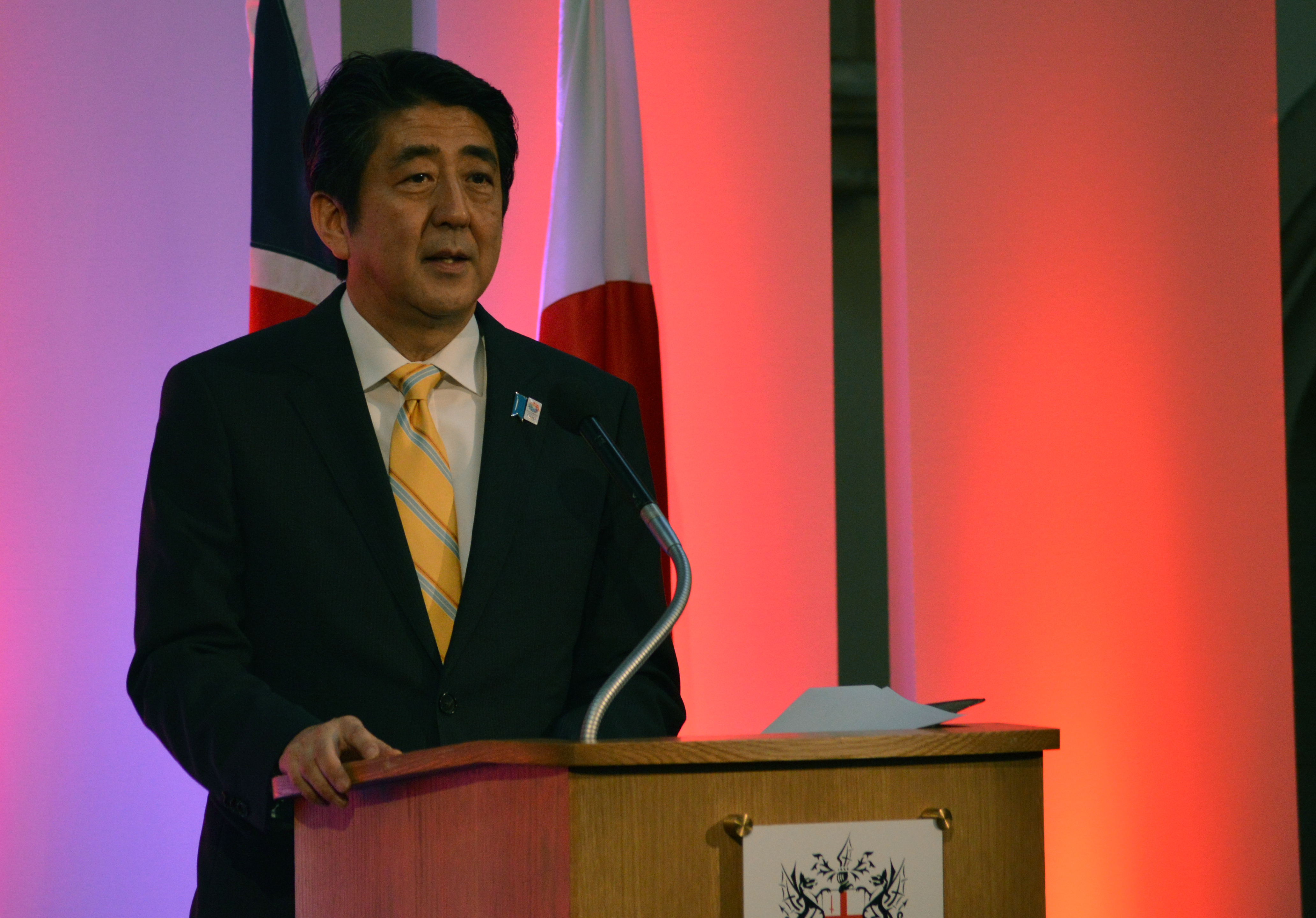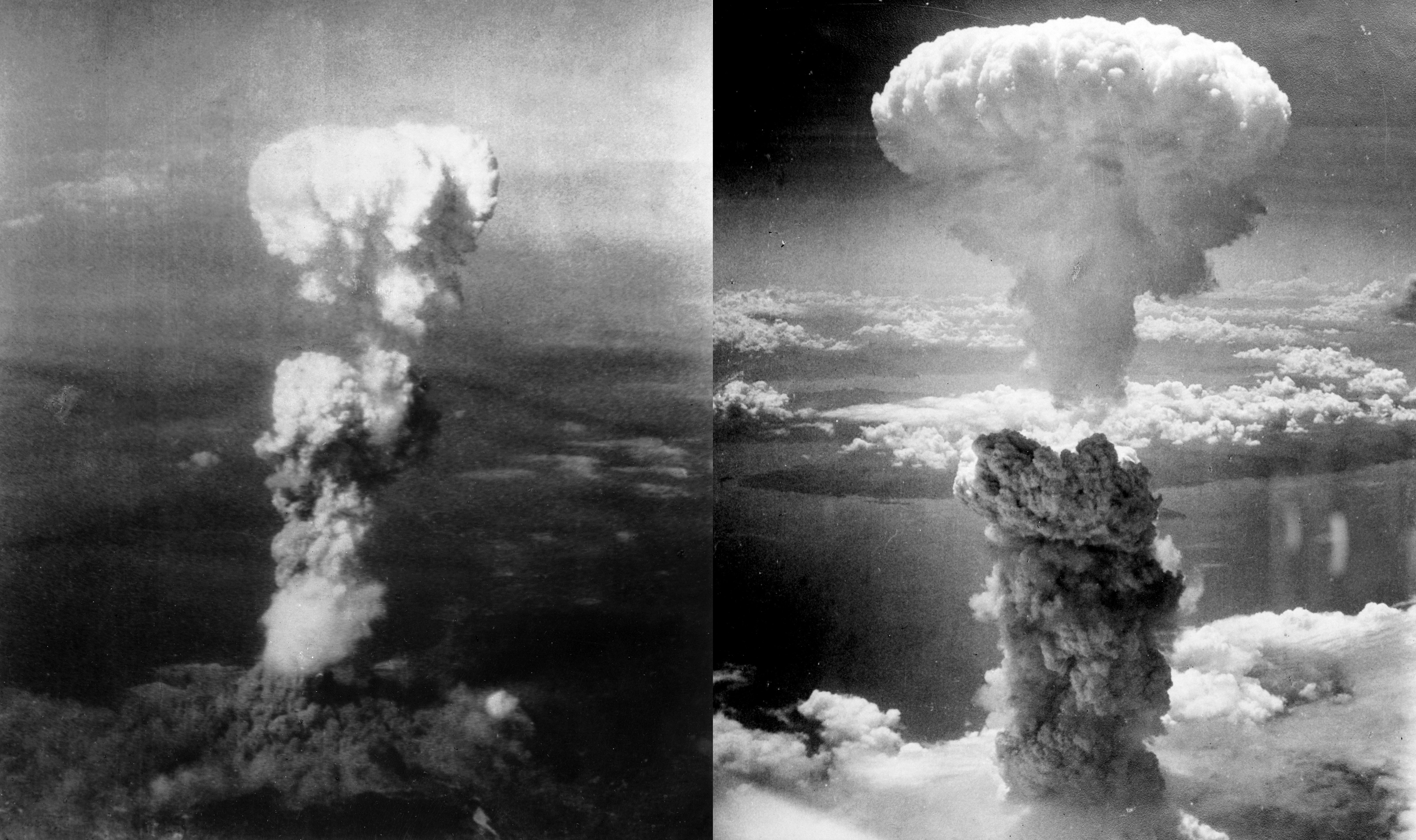China has strongly objected to former Japanese Prime Minister Shinzo Abe’s call for Tokyo to contemplate housing US nuclear weapons and advised the neighboring country to reflect thoroughly on its history.
In the wake of Russia’s invasion of Ukraine, Abe suggested that Japan should break a long-standing taboo and engage in an active debate on nuclear weapons, including a prospective “nuclear-sharing” program similar to NATO’s.
“Japan is a signatory to the Nuclear Non-Proliferation Treaty and has its three non-nuclear principles, but it should not be treated as a taboo discussion on the reality of how the world is kept safe,” Abe said during an Interview.
These statements, however, drew sharp reactions not only from China but also from within Japan. Japan PM Fumio Kishida promptly dismissed Abe’s call for a debate on the nuclear-sharing option. “It is unacceptable given our country’s stance of maintaining the three non-nuclear principles,” Kishida, who represents a constituency in Hiroshima, told MPs this week.
Japan has followed its three principles of not developing, possessing or allowing nuclear weapons on its soil, which were inspired by the World War II atomic bombings of Hiroshima and Nagasaki.

Wang Wenbin, a Chinese foreign ministry spokesman, told reporters in Beijing: “Japanese politicians have frequently spread fallacies related to Taiwan and even blatantly made false remarks that violate the nation’s three non-nuclear principles.”
“We strongly ask Japan to deeply reflect on its history”, Wang added, and warned Tokyo to “be cautious in words and deeds on the Taiwan issue to stop provoking trouble.”
Abe is a powerful figure in Japanese politics. He also urged the US to abandon its “ambiguity” on Taiwan’s defense, which China considers a breakaway province. He pointed out that the island is only 110 kilometers from Yonaguni, Japan’s westernmost inhabited island.
“The US takes a strategy of ambiguity, meaning it may or may not intervene militarily if Taiwan is attacked,” Abe said. “By showing it may intervene, it keeps China in check, but by leaving open the possibility that it may not intervene, it makes sure that the Taiwanese forces for independence do not get out of control.”
Abe has made a number of controversial statements regarding Japan’s security policy and strategic predicament in recent months. Global Times, China’s state-run tabloid, accused Abe of seeking to “unlock” Japanese militarism. “It is not only ironic but also a huge real risk, that a group of people in the only country in the world that was bombed by atomic bombs would call for an invitation to the culprit to deploy nuclear weapons in their own territory,” GT said.
Japan’s Policy On Nuclear Weapons
Towards the end of World War II, America dropped atomic bombs on Japan’s Hiroshima and Nagasaki. Since then, the country has been campaigning for nuclear disarmament.
According to a poll conducted by Nikkei and TV Tokyo, more than three-quarters of respondents were concerned that failure to prevent a Russian invasion of Ukraine would empower China to attack Taiwan. Japan considers Taiwan’s security to be inextricably connected to its own, and the two regions have a distinct territorial issue.

Despite its pacifist constitution, Japan is primarily reliant on the United States’ “nuclear umbrella” for protection against adversaries such as North Korea and China. Declassified records suggest that the United States placed nuclear weapons on Okinawa before it reverted to Japanese control in 1972.
Kishida, a Hiroshima native who has made nuclear disarmament his life’s effort, is particularly sensitive about the subject. In 2016, he joined Barack Obama on what was the first visit by a sitting US president to the Hiroshima Peace Memorial.
Japan’s Concerns
North Korea and China’s growing missile capabilities have become a key source of concern for Japan. Tokyo has historically relied on the nuclear umbrella of the United States to protect its territory, as it is bound by Article 9 of the pacifist constitution.
China has increased its military activities near the self-ruled island to nearly daily levels in the past two years. Meanwhile, the US has upheld a “one China” policy since 1979, formally recognizing Beijing rather than Taipei. The US’ Taiwan Relations Act mandates Washington to supply the self-ruled island with self-defense capabilities.

Japan has no formal diplomatic relations with Taiwan and has historically kept a low profile on the subject in order to avoid antagonizing Beijing until recently when it took a more robust stance in response to China’s expansion near the island in particular and the region in general.
No Nukes
Japanese Defense Minister Nobuo Kishi rejected on Tuesday the possibility of US nuclear weapons being deployed in the country after former Abe urged the Japanese authorities not to avoid discussing a system similar to the nuclear sharing concept of the North Atlantic Treaty Organization (NATO).
“If such a system implies that US nuclear weapons will be deployed on our territory even in peacetime, and can be placed on our fighters in case of emergency, it will never be allowed. There is no change in our position in the commitment to the three non-nuclear principles,” the minister said during the debate in the budget commission.
Japan’s three non-nuclear principles imply not possessing, not producing and not permitting the introduction of nuclear weapons in the country. The nuclear sharing concept, mentioned by Abe, is a strategy of joint use of NATO’s nuclear arsenal by member states.
- Contact the author at ashishmichel@gmail.com
- Follow EurAsian Times on Google News




